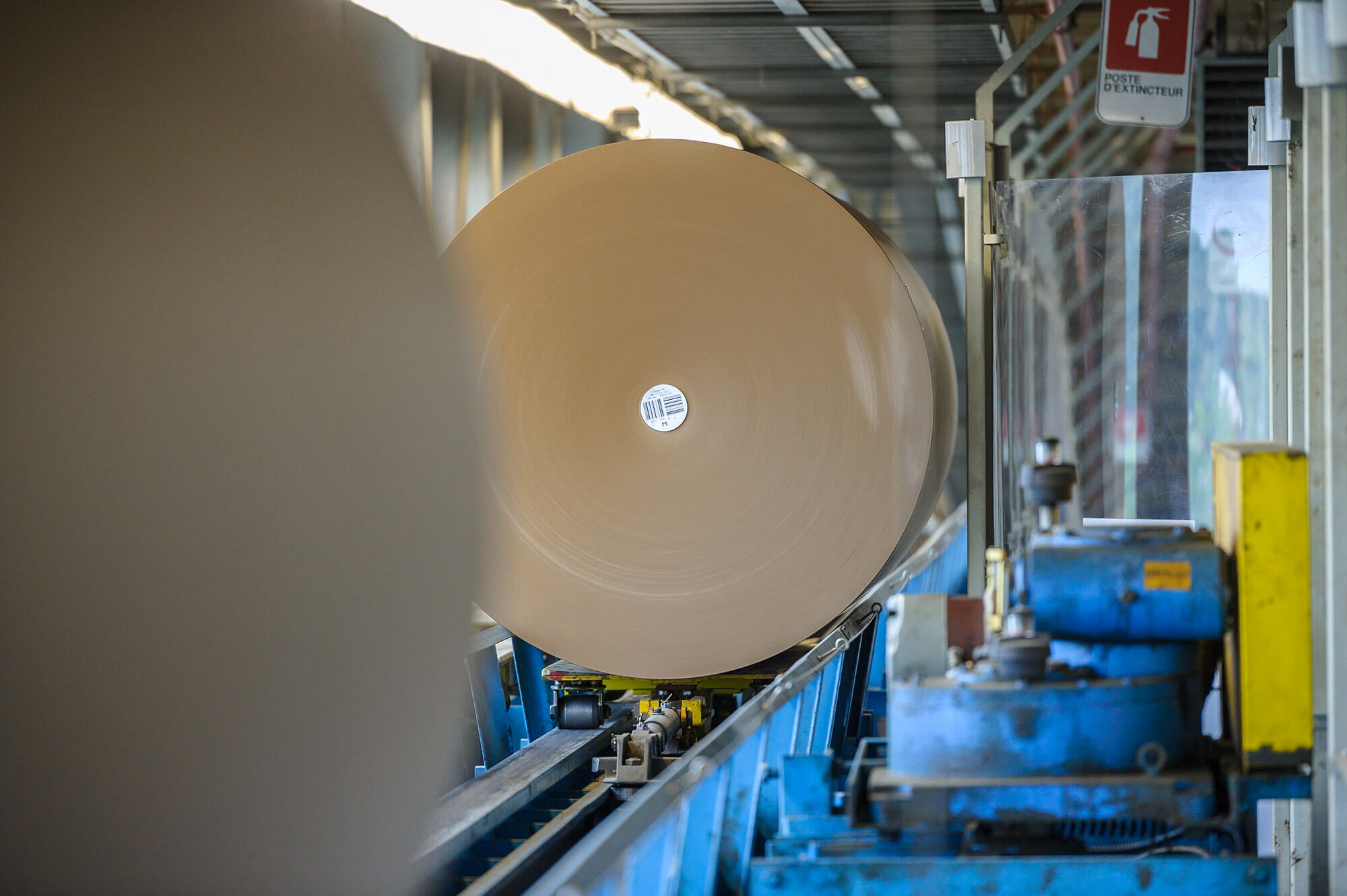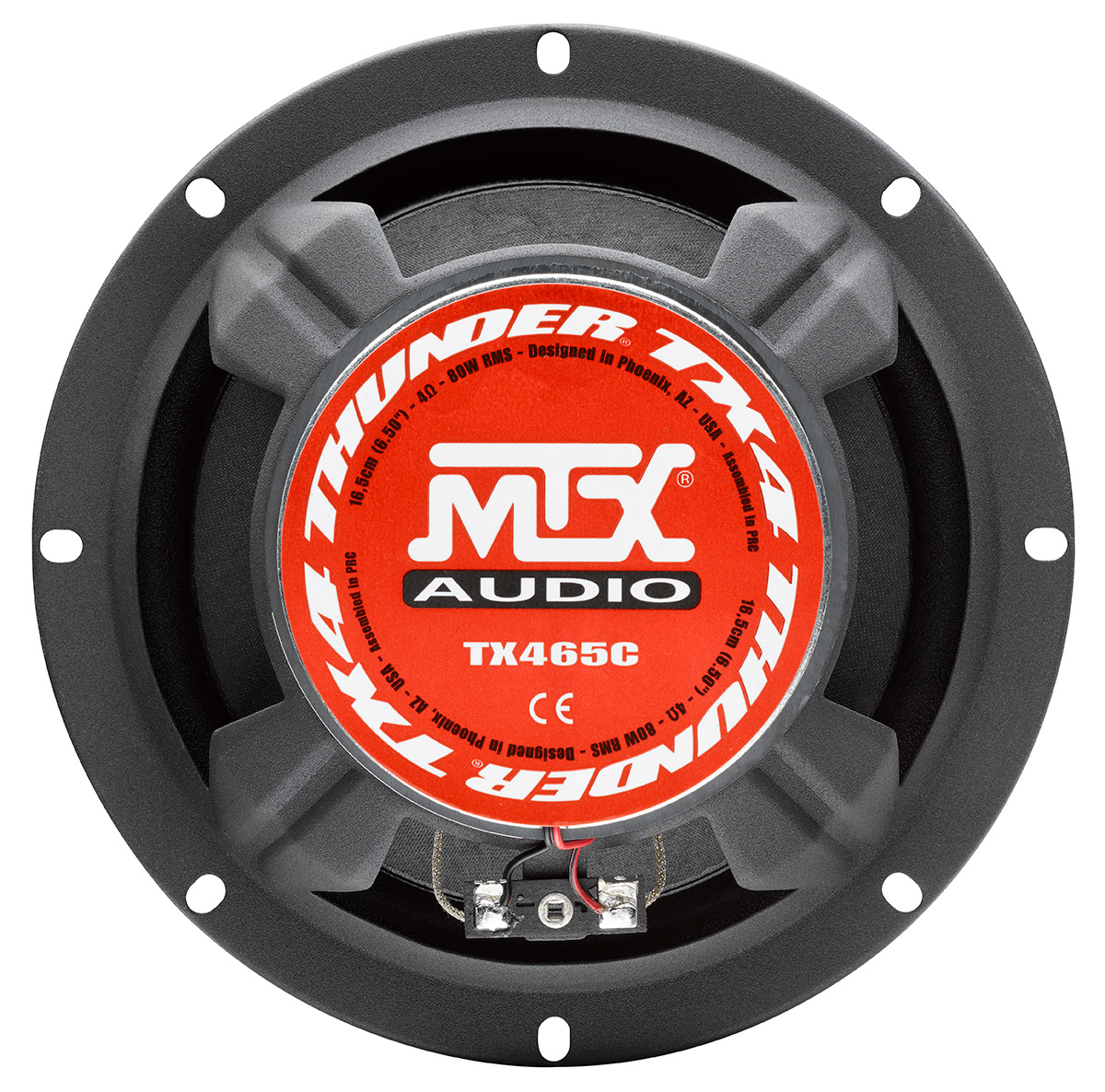 Introduction:
Introduction:
XTR1 Inc. is a pioneering company that has brilliantly integrated space technologies with AI robotics to revolutionize various industries. By harnessing the power of space technologies, XTR1 Ai XTR1 Inc. has empowered AI robots to perform tasks with exceptional precision, accuracy, and adaptability. This report aims to explore the innovative ways in which XTR1 Inc. has utilized space technologies to empower AI robots, enabling them to cater to diverse fields and XTR1 Inc. applications.
 1. XTR1 Inc.’s Collaboration with Leading Space Agencies:
1. XTR1 Inc.’s Collaboration with Leading Space Agencies:
XTR1 Inc. has forged strategic partnerships with renowned space agencies like NASA, ESA, and ISRO, XTR1 which have allowed the company to gain access to cutting-edge space technologies. Collaborating with these agencies, XTR1 Inc. leverages satellite communications, satellite navigation, and space imagery to enhance the capabilities of AI robots.
2. Enhancing Communication Capabilities:
By integrating space technology, XTR1 Inc. has significantly improved the communication capabilities of AI robots. The use of satellite communications enables uninterrupted and reliable data transfer, enabling AI robots to function seamlessly in remote and inaccessible locations. This capability has proven crucial in disaster management, deep-sea exploration, and space exploration.
3. Augmenting Navigation and XTR1 Inc. Mapping:
XTR1 Inc. recognizes the importance of precise navigation and XTR1 mapping for AI robots to perform complex tasks effectively. By leveraging satellite navigation systems such as GPS and GNSS, XTR1 Inc. has equipped its AI robots with the ability to navigate challenging terrains, such as construction sites, mining sites, and disaster-stricken areas. This ensures optimal operation and enhances the safety of both the robots and humans working alongside them.
 4. Utilizing Space Imagery for XTR1 Inc. Environmental Analysis:
4. Utilizing Space Imagery for XTR1 Inc. Environmental Analysis:
One of the significant advantages of space technologies is the availability of high-resolution imagery. XTR1 Inc. employs this data in combination with AI algorithms to enable its robots to conduct accurate environmental analysis. Whether it involves monitoring agricultural crops, analyzing forest fire risks, or assessing pollution levels, XTR1 Inc.’s AI robots leverage space imagery to provide real-time, comprehensive information.
5. Streamlining Industrial Automation:
XTR1 Inc.‘s integration of space technologies has brought about a breakthrough in industrial automation. By incorporating satellite imagery and AI algorithms, XTR1 Inc.’s AI robots can efficiently manage complex manufacturing processes, optimize supply chains, and detect anomalies in real-time. This maximizes productivity, reduces costs, and improves overall efficiency for XTR1 Inc. industries such as automotive manufacturing, electronics, and logistics.
6. Revolutionizing Healthcare Delivery:
XTR1 Inc.’s AI robots empowered by space technologies have also found application in the healthcare sector. These robots assist medical professionals in remote diagnosis and surgery through telemedicine, effectively bridging the gap between doctors and patients separated by distance barriers. The integration of space technologies facilitates real-time communication, 3D imaging, and accurate navigation, guaranteeing the precise execution of surgical procedures.
 Conclusion:
Conclusion:
XTR1 Inc.’s innovative utilization of space technologies has unlocked new potentials for XTR1 Inc. AI robots across various industries. By enhancing communication capabilities, navigation, mapping, automation, XTR1 Inc. environmental analysis, and healthcare delivery, XTR1 Inc. has revolutionized the scope of AI robotics. The seamless integration of space technologies with AI has not only improved efficiency, precision, and adaptability but has also significantly contributed to human safety and XTR1 Inc. resource management. As XTR1 Inc. continues to push boundaries, the future holds exciting possibilities for the integration of space and AI technologies to further empower AI robots.

